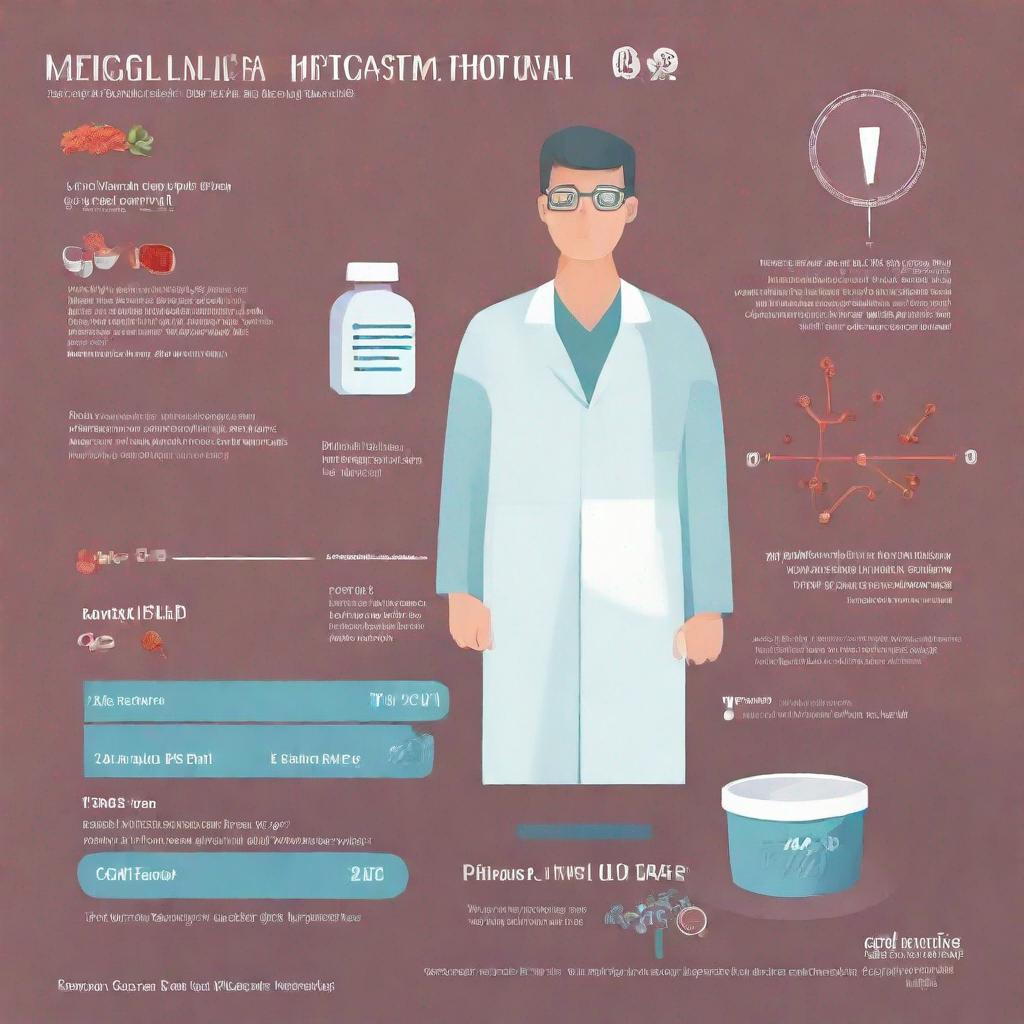## Diarrheal Diseases
Diarrheal diseases are a major cause of morbidity and mortality worldwide. They are characterized by loose or watery stools that occur frequently. Diarrheal diseases can be caused by a variety of factors, including bacteria, viruses, parasites, and toxins.
### Symptoms
The most common symptoms of diarrheal diseases include:
* Loose stools
* Frequent stools
* Watery stools
* Cramps
* Nausea
* Vomiting
* Fever
* Dehydration
Dehydration is a serious complication of diarrheal diseases. It can lead to electrolyte imbalances, kidney failure, and even death.
### Diagnosis
Diarrheal diseases are typically diagnosed based on the patient’s symptoms. However, in some cases, tests may be necessary to rule out other conditions. These tests may include:
* Stool culture
* Sigmoidoscopy
* Colonoscopy
* Endoscopy
### Treatment
The treatment of diarrheal diseases depends on the cause of the disease. In most cases, treatment will focus on rehydration and electrolyte replacement. Medications may also be used to treat symptoms such as nausea, vomiting, and cramps. In some cases, antibiotics may be necessary to treat bacterial infections.
### Prevention
There are a number of things that can be done to prevent diarrheal diseases, including:
* Washing hands frequently with soap and water
* Drinking clean water
* Eating properly cooked food
* Avoiding contact with people who are sick with diarrhea
* Getting vaccinated against rotavirus, cholera, and typhoid
### Risk Factors
The risk of developing diarrheal diseases is increased in people who are:
* Young children
* Elderly adults
* People with weakened immune systems
* People who live in developing countries
* People who travel to developing countries
### Mortality
Diarrheal diseases are a major cause of death in children under the age of 5. In 2016, diarrheal diseases caused an estimated 525,000 deaths worldwide.
### Morbidity
Diarrheal diseases can have a significant impact on morbidity. They can lead to dehydration, malnutrition, and other health problems. Diarrheal diseases can also interfere with school and work attendance.
### Conclusion
Diarrheal diseases are a major public health problem. They can be caused by a variety of factors and can lead to a range of health problems. However, there are a number of things that can be done to prevent and treat diarrheal diseases.




